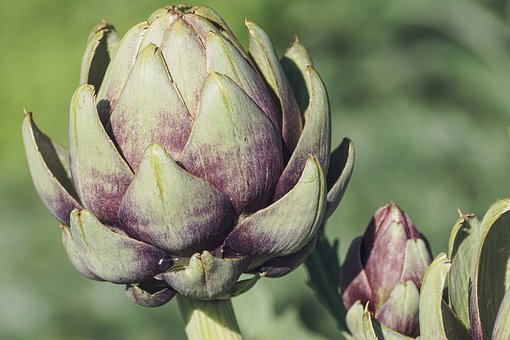The nature of desire is that it can never be contained. This year’s luxury goods become next year’s necessity which we must possess in order to keep up with the times. In two to three years, the same luxury brands are taken off the shelf. Desire is like a treadmill; our footsteps can never keep pace with the speed of the treadmill. If we continue to feel happy as our desire grows, this may still be understandable since the depletion of resources on earth is a problem that future generations have to deal with, not us. However, the question is whether we can truly be happy if our desire grows with no end in sight. We cannot! As happiness is founded on satisfaction, when we incessantly covet all things, even if we are satisfied, it is only a very temporary feeling.
~Depicted from ARE YOU READY FOR HAPPINESS - Spiritual Equipment for Modern Times











